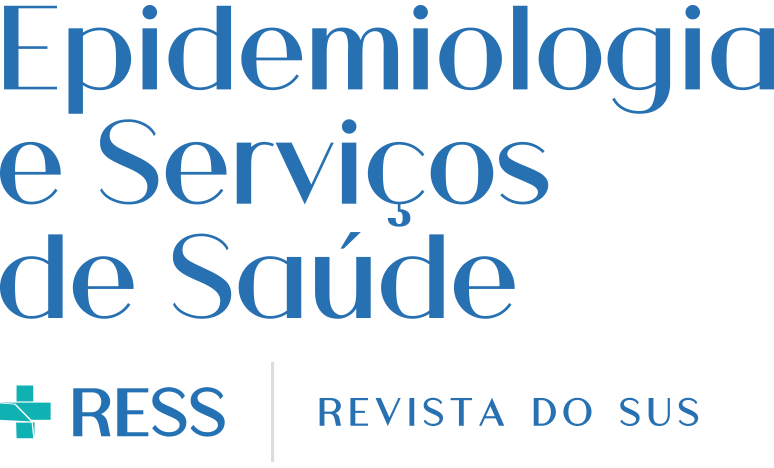Abstract
Objective:
To create a protocol for performing minimally invasive autopsies (MIA) in detecting deaths from arboviruses and report preliminary data from its application in Ceará state, Brazil.
Methods:
Training was provided to medical pathologists on MIA.
Results:
A protocol was established for performing MIA, defining criteria for sample collection, storage methods, and diagnoses to be carried out according to the type of biological sample; 43 MIAs were performed in three months. Of these, 21 (48.8%) arrived at the Death Verification Service (SVO) with arboviruses as a diagnostic hypothesis, and seven (16.3%) were confirmed (six chikungunya cases and one dengue case); cases of COVID-19 (n = 9), tuberculosis (n = 5), meningitis (n = 4), cryptococcosis (n = 1), Creutzfeldt-Jakob disease (n = 1), breast cancer (n = 1), and human rabies (n = 1) were also confirmed.
Conclusion:
The protocol implemented enabled identification of a larger number of suspected arbovirus-related deaths, as well as confirmation of other diseases of interest for surveillance.
Keywords:
Arbovirus Infections; Autopsy; Epidemiologic Surveillance Services; Investigative Techniques
Study contributions
Main results
A protocol was developed to perform minimally invasive autopsies (MIAs) in Death Verification Services (SVO), capable of expanding the system’s capacity to identify a greater number of deaths suspected to be due to arboviruses.
Implications for services
The experience suggests that in-service trained health professionals are able to perform MIA, and that use of this technique in SVOs has been shown to be capable of increasing the system’s sensitivity in detecting deaths of interest to public health.
Perspectives
Trained professionals will be able to collect biological material in hospitals, through MIA, in cases of interest for health surveillance and when family members do not allow a complete conventional autopsy to be performed.

 Thumbnail
Thumbnail
 Thumbnail
Thumbnail
 Thumbnail
Thumbnail

 Legend: 1) Hepatocyte disarrangement in liver samples; 2) Acute tubular necrosis in kidney samples; 3) Alveolar edema and hemorrhage in lung samples.
Legend: 1) Hepatocyte disarrangement in liver samples; 2) Acute tubular necrosis in kidney samples; 3) Alveolar edema and hemorrhage in lung samples.
 Notes: Macroscopy = when the pathologist was able to collect fragments that, macroscopically, appeared to be from the puncture target organ; Microscopy = when it was confirmed, microscopically, that the fragment collected via puncture corresponded to the puncture target organ.
Notes: Macroscopy = when the pathologist was able to collect fragments that, macroscopically, appeared to be from the puncture target organ; Microscopy = when it was confirmed, microscopically, that the fragment collected via puncture corresponded to the puncture target organ.